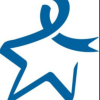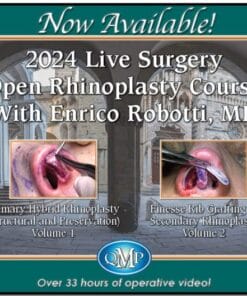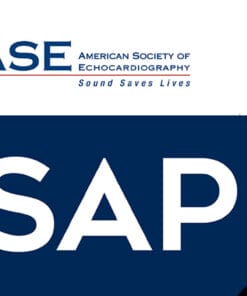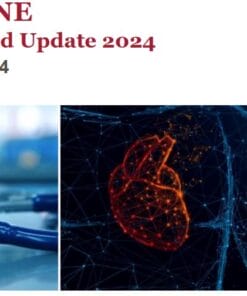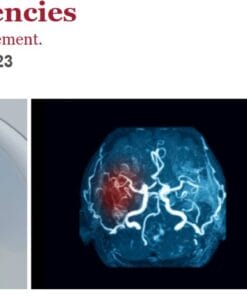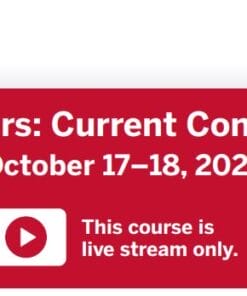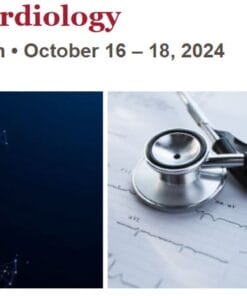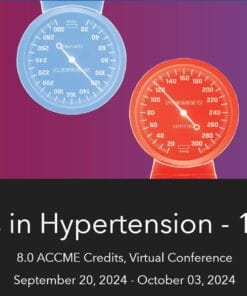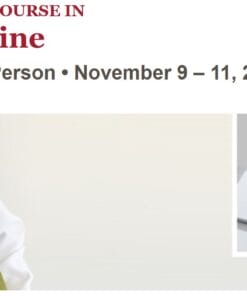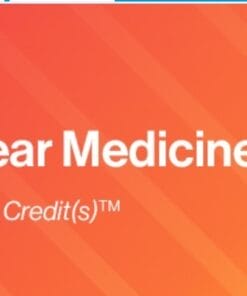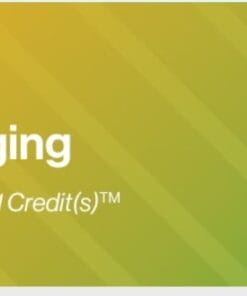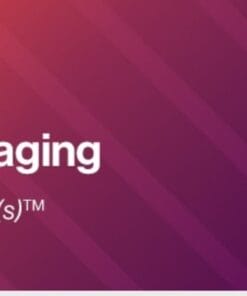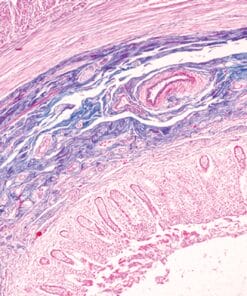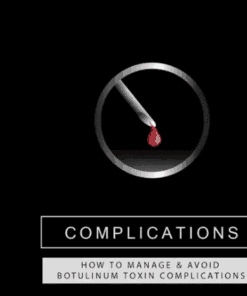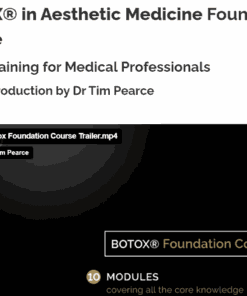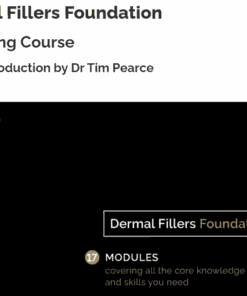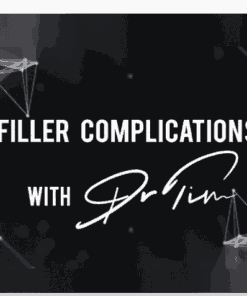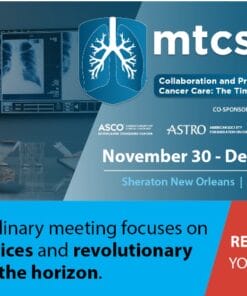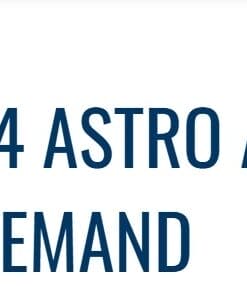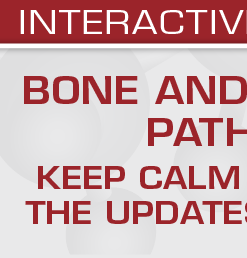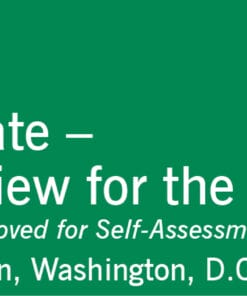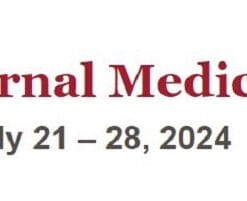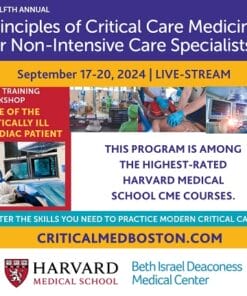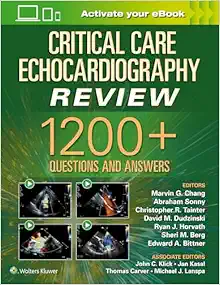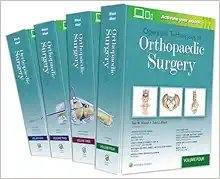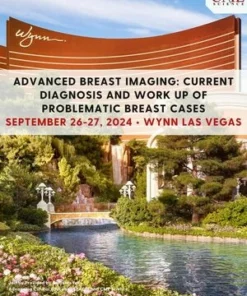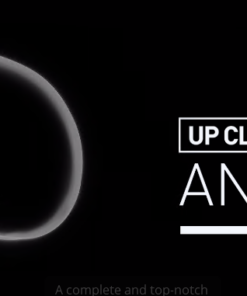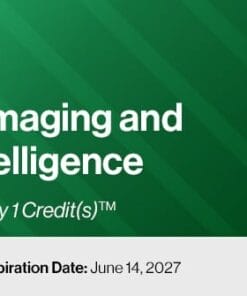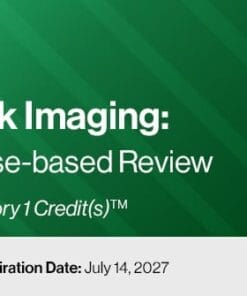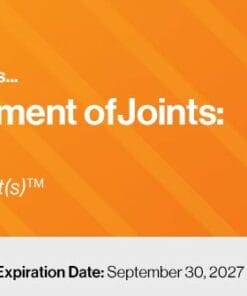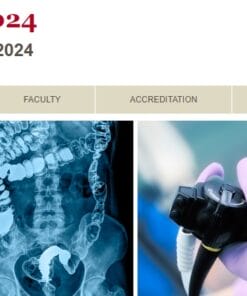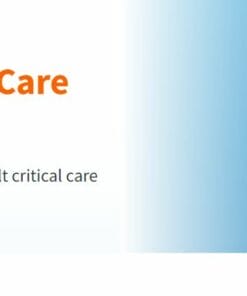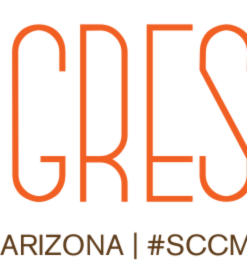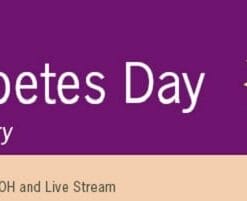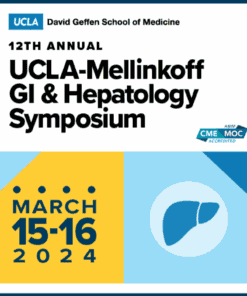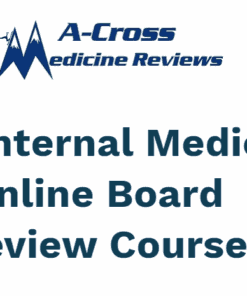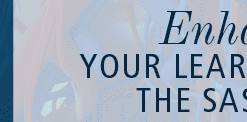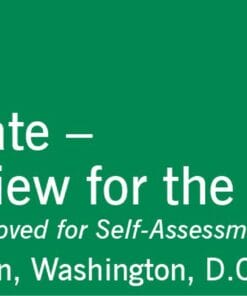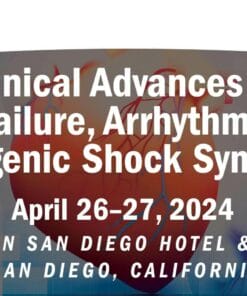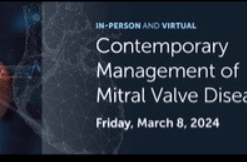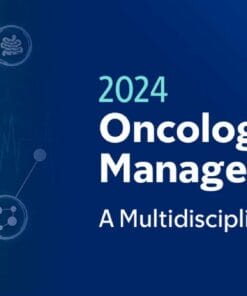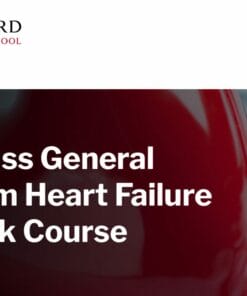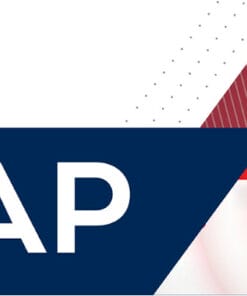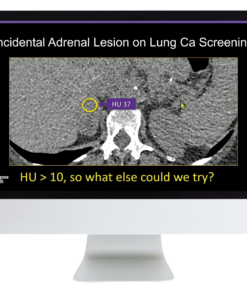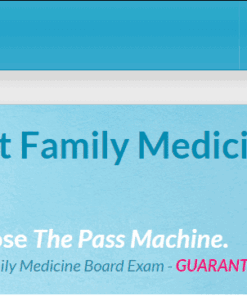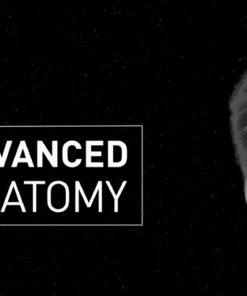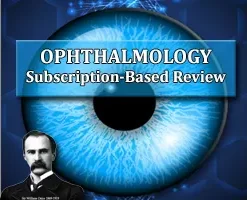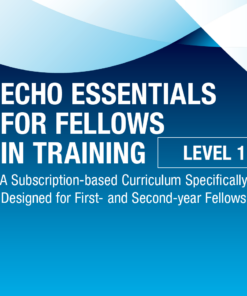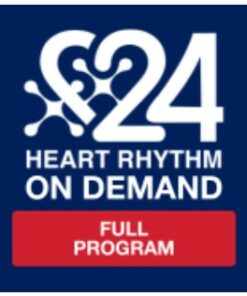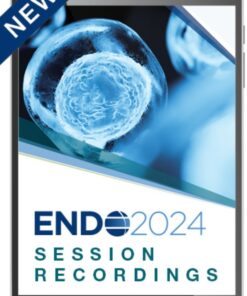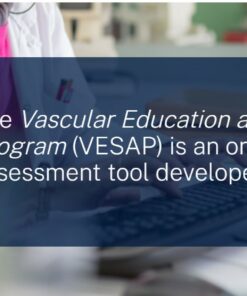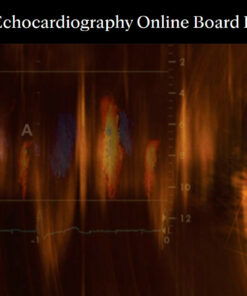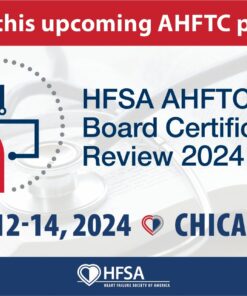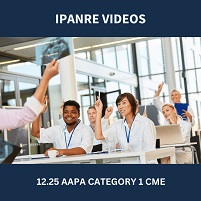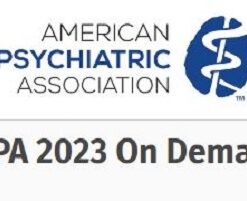Explore the recent developments in the world of esophageal diseases. ASGE’s Esphagology program will cover updated management in achalasia and other motility disorders, gastroesophageal reflux disease, eosinophilic esophagitis, and more. This is a great program for those GI Fellows who are seeking more information to enhance their clinical experience, specifically those in who are completing their 2nd year of training. This integrated course features state of the art lectures by the experts in the field, engage question and answer sessions, presentation of case-based panel discussions, and virtual demonstration of hands on sessions. Participants will walk away from this new ASGE learning program with updated knowledge to improve their care of their patients with esophageal diseases.
The Live Course was held on April 10, 2021.
Release Date: April 23, 2021
Viewing Time: 6 hours
- Understand high quality diagnostic upper endoscopy.
- Compare and contrast diagnostic testing options for patients with known or suspected GERD.
- Discuss diagnostic testing options for patients with dysphagia including endoscopy, high resolution manometry and impedance planimetry.
- List management techniques learned for patients with eosinophilic esophagitis.
- Understand how best to communicate with patients on treatments for reflux, including minimally invasive approaches.
- Identify approaches for patients with esophageal motor disorders including achalasia and spastic disorders.
- Discuss endoscopic complications in the esophagus.
Prateek Sharma, MD, FASGE
University of Kansas Medical Center
Kansas City, KSVani Konda, MD, FASGE
Baylor University Medical Center
Dallas, TXFACULTY
Reginald Bell, MD,
Institute of Esophageal and Reflux Surgery, Englewood, CO
Kenneth J. Chang, MD, FASGE,
University of California Irvine Medical Center, Orange, CA
Peter V. Draganov, MD, FASGE,
University of Florida College of Medicine, Gainesville, FL
Neil Gupta, MD, FASGE,
Loyola University Medical Center, Maywood, IL
Ikuo Hirano, MD,
Northwestern Medical Faculty Foundation, Chicago, IL
Peter Kahrilas, MD,
Northwestern Medical Faculty Foundation
Mouen A. Khashab, MD, FASGE,
Johns Hopkins University, Baltimore, MD
Philip O. Katz, MD, MACG, AGAF,
New York Weill Cornel, New York, NY
Shivangi Kothari, MD, FASGE, URMC,
Rochester, NY
Amit P. Maydeo, MD, FASGE,
Institute of Advanced Endoscopy, Mumbai, INDIA
Sravanthi Parasa, MD,
Swedish Medical Center, Seattle, WA
Felice Schnoll-Sussman, MD,
New York Presbyterian/Weill Cornell, New York, NY
Amrita Sethi, MD, MASGE,
Columbia Presbyterian Hospital, New York, NY
Uzma D. Siddiqui, MD, FASGE,
The University of Chicago, Chicago, IL
Irving Waxman, MD, FASGE, The University of Chicago, Chicago, IL
Because all browsers continually roll out new versions and updates, it is not always practical to point to a particular browser as “better” than another. Because browsers are free, you can easily shift from one to another for various purposes. Whatever browser you are using, here are some tips for better streaming and viewing of ASGE videos:
- Close other applications and browser tabs. This decreases the load on memory so your computer or other device can focus on streaming.
- Use a 5 GHz frequency if your router supports it. The common 2.4 GHz frequency is used by household appliances, so is more crowded. Avoiding it is like getting into the carpool lane on a freeway: smoother sailing.
- Use Ethernet instead of Wi-Fi if possible but GI LEAP is built with Wi-Fi in mind.
- Monitor your internet connection. If your ISP has promised you 5MBps and you are getting only 1MBps, it’s time for a phone call to your internet provider to sort that out.
Operating system: Windows 7+
Browser: Internet Explorer 8+, Firefox 10+, Google Chrome 10+
Internet connection: DSL, cable modem, or other high-speed connection
Flash: Adobe® Flash® Player 12+Macintosh Requirements:
Operating system: Mac OS X 10.6.8+
Browser: Mozilla Firefox 10+, Safari 5+, Google Chrome 10+
Internet connection: DSL, cable modem, or other high-speed connection
Flash: Adobe® Flash® Player 12+


